A Companion to Food in the
1) A Companion to Food in the Ancient World – John Wilkins, Robin Nadeau
Wiley-Blackwell | 2015 | PDF
A Companion to Food in the Ancient World presents a comprehensive overview of the cultural aspects relating to the production, preparation, and consumption of food and drink in antiquity.
• Provides an up-to-date overview of the study of food in the ancient world
• Addresses all aspects of food production, distribution, preparation, and consumption during antiquity
• Features original scholarship from some of the most influential North American and European specialists in Classical history, ancient history, and archaeology
• Covers a wide geographical range from Britain to ancient Asia, including Egypt and Mesopotamia, Asia Minor, regions surrounding the Black Sea, and China
• Considers the relationships of food in relation to ancient diet, nutrition, philosophy, gender, class, religion, and more
2) An Edible History of Humanity – Tom Standage
Bloomsbury | 2010 | EPUB
More than simply sustenance, food historically has been a kind of technology, changing the course of human progress by helping to build empires, promote industrialization, and decide the outcomes of wars. Tom Standage draws on archaeology, anthropology, and economics to reveal how food has helped shape and transform societies around the world, from the emergence of farming in China by 7500 b.c. to the use of sugar cane and corn to make ethanol today. An Edible History of Humanity is a fully satisfying account of human history.
3) Food in World History – Jeffrey Pilcher
Routledge | 2005 | PDF
Providing a comparative and comprehensive study of culinary cultures and consumption throughout the world from ancient times to present day, this book examines the globalization of food and explores the political, social and environmental implications of our changing relationship with food.
Including numerous case studies from diverse societies and periods, Food in World History examines and focuses on:
• how food was used to forge national identities in Latin America
• the influence of Italian and Chinese Diaspora on the US and Latin America food culture
• how food was fractured along class lines in the French bourgeois restaurant culture and working class cafes
• the results of state intervention in food production
• how the impact of genetic modification and food crises has affected the relationship between consumer and product.
This concise and readable survey not only presents a simple history of food and its consumption, but also provides a unique examination of world history itself.
4) Near a Thousand Tables: A History of Food – Felipe Fernandez-Armesto
Free Press | 2003 | EPUB
In Near a Thousand Tables, acclaimed food historian Felipe Fernández-Armesto tells the fascinating story of food as cultural as well as culinary history — a window on the history of mankind.
In this “appetizingly provocative” (Los Angeles Times) book, he guides readers through the eight great revolutions in the world history of food: the origins of cooking, which set humankind on a course apart from other species; the ritualization of eating, which brought magic and meaning into people’s relationship with what they ate; the inception of herding and the invention of agriculture, perhaps the two greatest revolutions of all; the rise of inequality, which led to the development of haute cuisine; the long-range trade in food which, practically alone, broke down cultural barriers; the ecological exchanges, which revolutionized the global distribution of plants and livestock; and, finally, the industrialization and globalization of mass-produced food.
From prehistoric snail “herding” to Roman banquets to Big Macs to genetically modified tomatoes, Near a Thousand Tables is a full-course meal of extraordinary narrative, brilliant insight, and fascinating explorations that will satisfy the hungriest of readers.
5) Cuisine and Empire: Cooking in World History – Rachel Laudan
University of California Press | 2015 | EPUB
Rachel Laudan tells the remarkable story of the rise and fall of the world’s great cuisines―from the mastery of grain cooking some twenty thousand years ago, to the present―in this superbly researched book. Probing beneath the apparent confusion of dozens of cuisines to reveal the underlying simplicity of the culinary family tree, she shows how periodic seismic shifts in “culinary philosophy”―beliefs about health, the economy, politics, society and the gods―prompted the construction of new cuisines, a handful of which, chosen as the cuisines of empires, came to dominate the globe.
Cuisine and Empire shows how merchants, missionaries, and the military took cuisines over mountains, oceans, deserts, and across political frontiers. Laudan’s innovative narrative treats cuisine, like language, clothing, or architecture, as something constructed by humans. By emphasizing how cooking turns farm products into food and by taking the globe rather than the nation as the stage, she challenges the agrarian, romantic, and nationalistic myths that underlie the contemporary food movement.
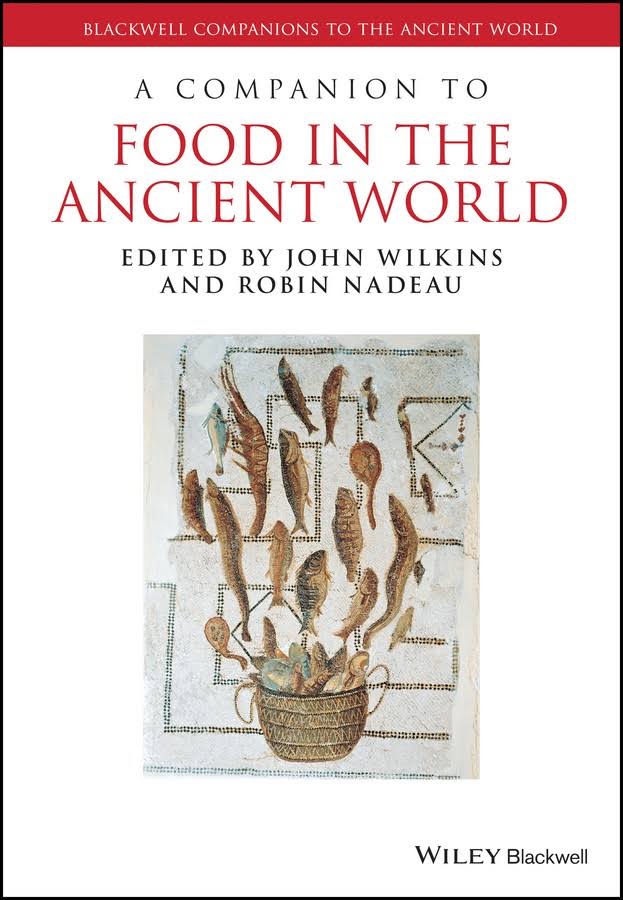 1 / 5
1 / 5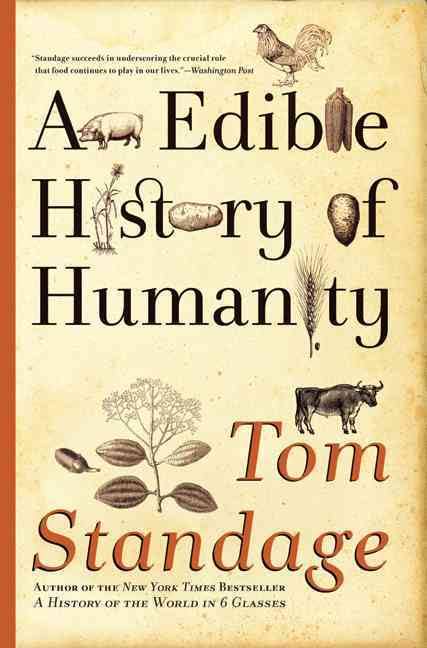 2 / 5
2 / 5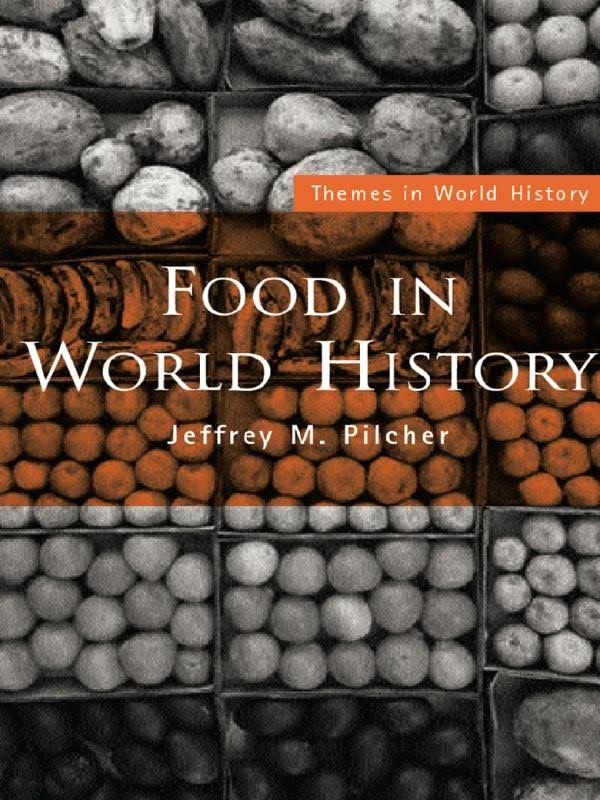 3 / 5
3 / 5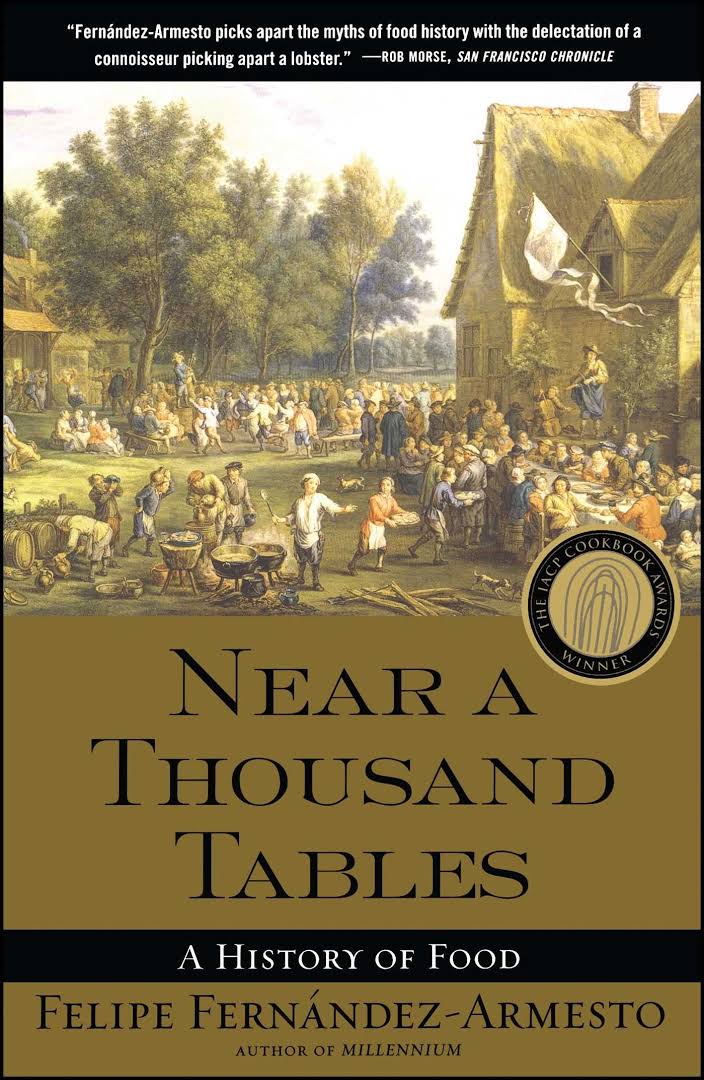 4 / 5
4 / 5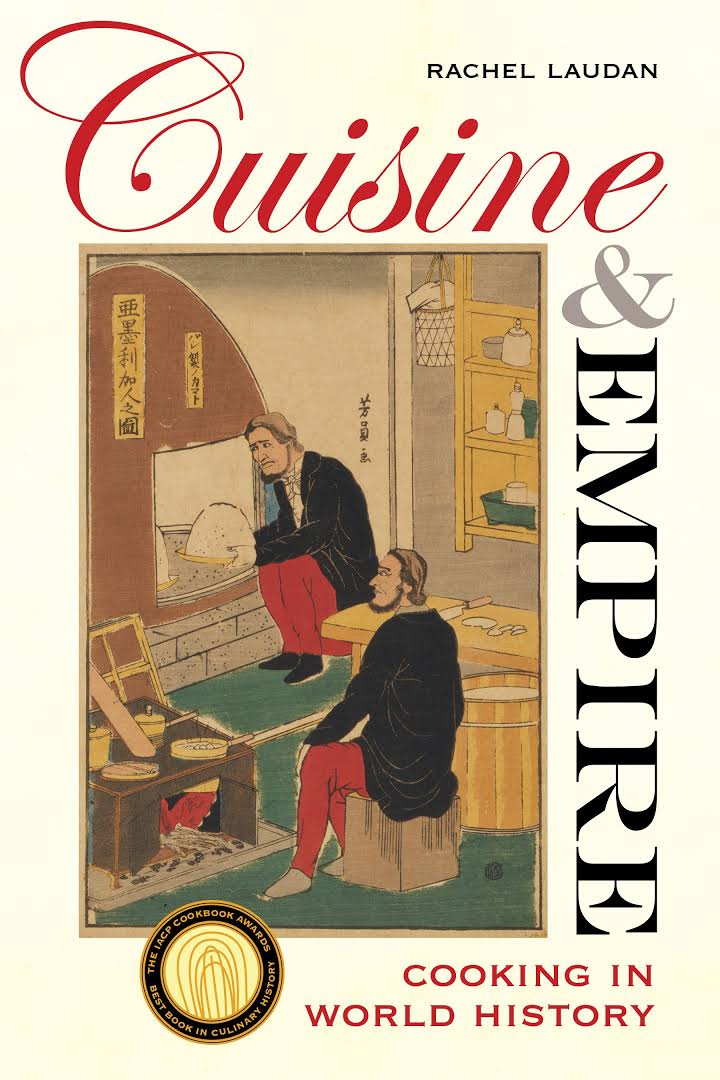 5 / 5
5 / 5


